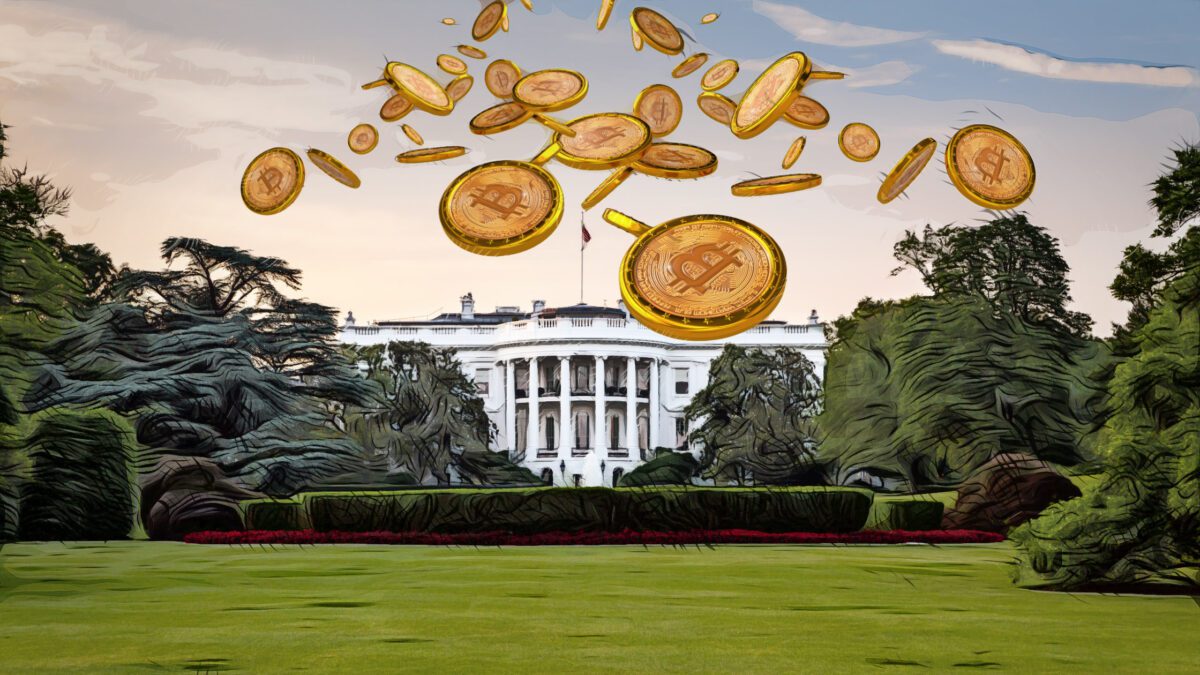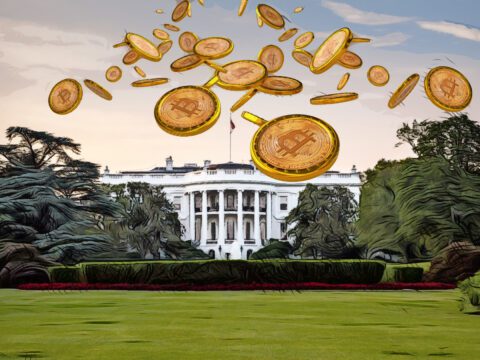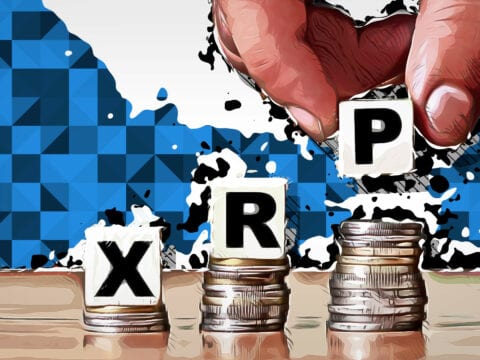
The passing of the Infrastructure Bill on November 6 is a poignant reminder that though revolutionary, crypto has a lot more hurdles to jump over before being embraced “by the old money.”
It seems like new crypto millionaires are not just yet welcomed—especially if the U.S. President proceeds to approve the bill’s content.
There will be winners and losers, it seems.
Top on the list will be the IRS, the SEC, and the Treasury. For example, it is estimated that the tax authority in the U.S. would collect an additional $28 billion from crypto taxes alone.
Meanwhile, the Treasury department and Janet Yellen would have a free pass to determine which digital assets are considered securities.
The SEC would likely be vindicated as Gary Gensler has been incredibly vocal, saying most cryptocurrencies and DeFi tokens are nothing more than securities. Recently, he even called for more regulations on off-chain stablecoins incorporating custodians to help track the greenback’s value.
The sad part of the Infrastructure Bill, which passed 228–206, is the ambiguity of some critical sections that may be consequential in coming years.
What’s disturbing for crypto supporters and ramp operators is the classification of cryptocurrency exchanges—extending to NFT marketplaces—as brokers.
In what would prove to be a watershed moment, senators made tweaks to the legislative definition of what constitutes a broker to include cryptocurrency exchanges.
If the President approved the bill, Coinbase and other U.S.-based exchanges would have to report their transactions directly to the tax-collecting agency, the IRS. This means filing 1099 forms and reporting the names of all its clients and their addresses to the agency. Besides, the dictates of the 6050I provision could be disastrous to the space.
Going forward, it will be interesting to see whether the bill will be made into law and how the cryptocurrency community will adjust to these new stipulations once it takes effect in 2024.





